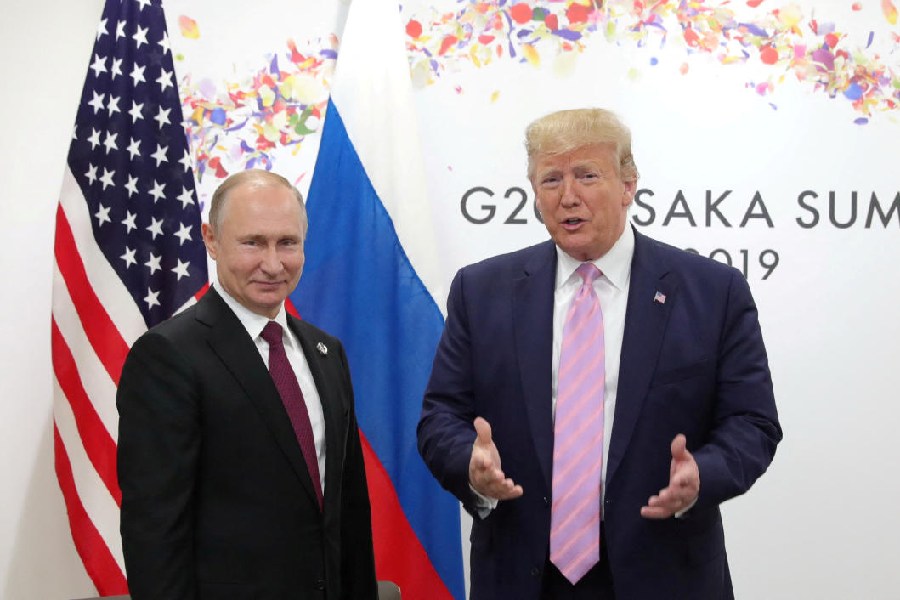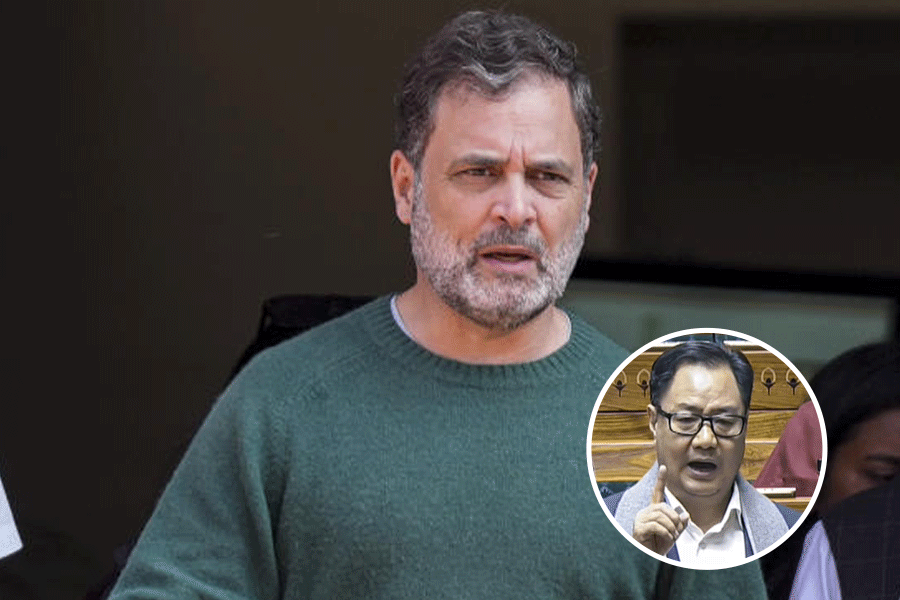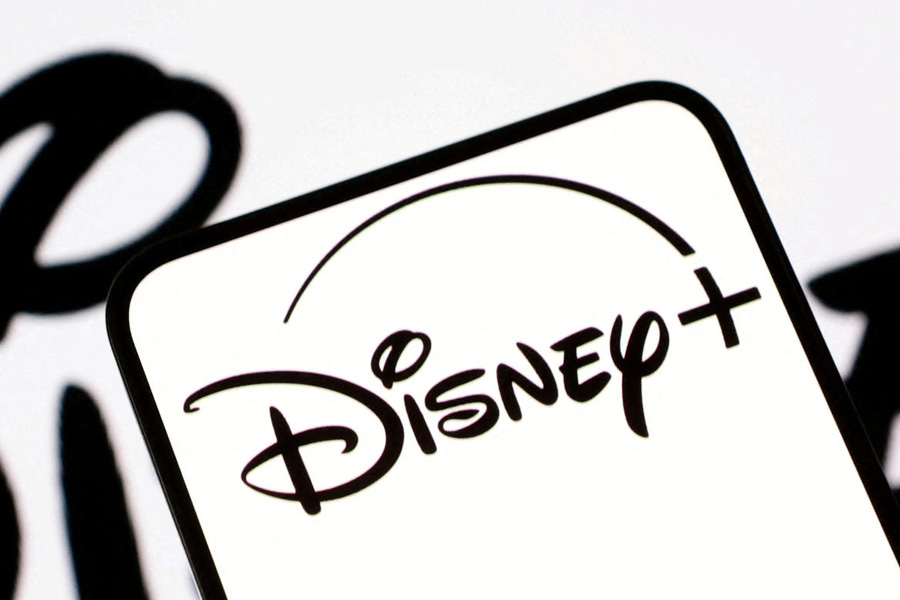The Russian president, Vladimir Putin, has agreed to a 30-day pause in attacks by Moscow and Kyiv on each other’s energy infrastructure after a telephone conversation on Tuesday with Donald Trump, the president of the United States of America. The agreement marks the first concrete diplomatic step towards peace negotiations between the two sides that Mr Trump has been pressing for. Yet, it falls short of what Mr Trump had proposed and what the Ukrainian president, Volodymyr Zelensky, had accepted — a complete 30-day ceasefire. Mr Putin’s refusal to accept that broader, temporary halt to the fighting underscores both the challenges that remain before any long-term peace deal can be negotiated as well as Russia’s growing confidence that — as Mr Trump, too, has said — it holds the cards at the moment. Mr Putin has said that Russia fears a complete 30-day ceasefire would allow Ukraine’s military to mobilise fresh soldiers, repair damaged military platforms, and secure new, advanced weapons from its Western allies to eventually prolong the war. He has also questioned who both sides would trust to monitor a ceasefire. While these are legitimate questions and concerns, they also reflect Moscow’s optimistic view about the state of the conflict.
In recent days, Moscow’s troops have largely driven the Ukrainian military out of Kursk, the Russian region they had invaded last year, in a stunning counteroffensive. In eastern Ukraine, the Russian army is making slow and grinding progress even as Ukrainian forces struggle to hold their lines. Ukraine is indeed struggling with manpower, and a growing number of its people are now willing to reach some compromise with Russia as an all-out victory, which many had once hoped for, increasingly seems like a mirage. Most crucially, Mr Trump, whose country has been the biggest supplier of military, financial and diplomatic aid to Ukraine during the war, has been clear about his conviction that Kyiv will need to make major concessions for peace. These include accepting Russian occupation of parts of Ukrainian territory it currently holds and acknowledging that Kyiv will not be joining the North Atlantic Treaty Organization. Against this backdrop, it would be tempting for Russia to try and avoid a ceasefire in the belief that further military gains would strengthen its negotiating position. That would be a mistake. The window of peace talks is narrow and could pass soon. Too many opportunities have been missed already. The time for a ceasefire is now.










